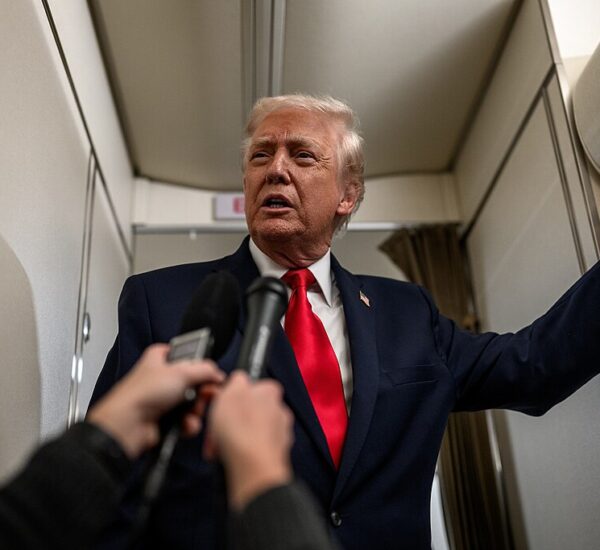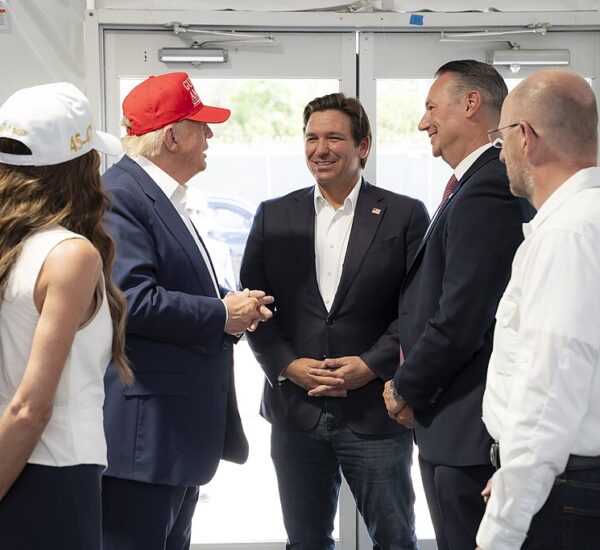Democrats Raise Major Issue With Trump’s New Funding Plan
Senator Richard Blumenthal (D-Conn.) has raised serious concerns over a proposed $400 million purchase of armored Tesla Cybertrucks by the U.S. State Department. The Connecticut Democrat sent a letter to Secretary of State Marco Rubio, questioning the wisdom of the deal and highlighting what he describes as a glaring conflict of interest surrounding tech mogul Elon Musk.
In his letter, Blumenthal demands clarification from Rubio on what steps the State Department is taking to address potential conflicts stemming from Musk’s involvement. He points to the questionable track record of the Tesla Cybertruck, which, since its release 15 months ago, has been criticized for its lackluster performance and even faced multiple recalls. Despite this, the U.S. government is seemingly considering a significant investment in the vehicle, raising doubts about whether it’s the most reliable choice for the mission.
Blumenthal also called attention to Musk’s growing influence in government, especially in his role overseeing the so-called Department of Government Efficiency (DOGE). The senator argues that Musk’s leadership of this new government entity, coupled with his position as the CEO of Tesla, creates a significant potential for abuse of power and corporate gain. He notes that DOGE has already begun to dismantle government agencies, many of which had previously been involved in investigations into Musk’s vast business empire.
According to Blumenthal, this situation presents a troubling intersection of business and government, particularly with conflicting reports about when the decision to buy the Tesla Cybertrucks was made. He suggests that Musk’s dual roles as a business leader and a government official might be influencing decisions that are not in the best interests of the country.
To further investigate, Blumenthal has reached out to Musk’s six companies to determine how much they stand to gain from his government position. He has demanded a response by February 21, urging greater transparency in this potentially problematic transaction. For conservatives, this is a prime example of how public office and private enterprise should not be intertwined, especially when it could lead to questionable financial deals that benefit the wealthy few at the expense of taxpayers.






